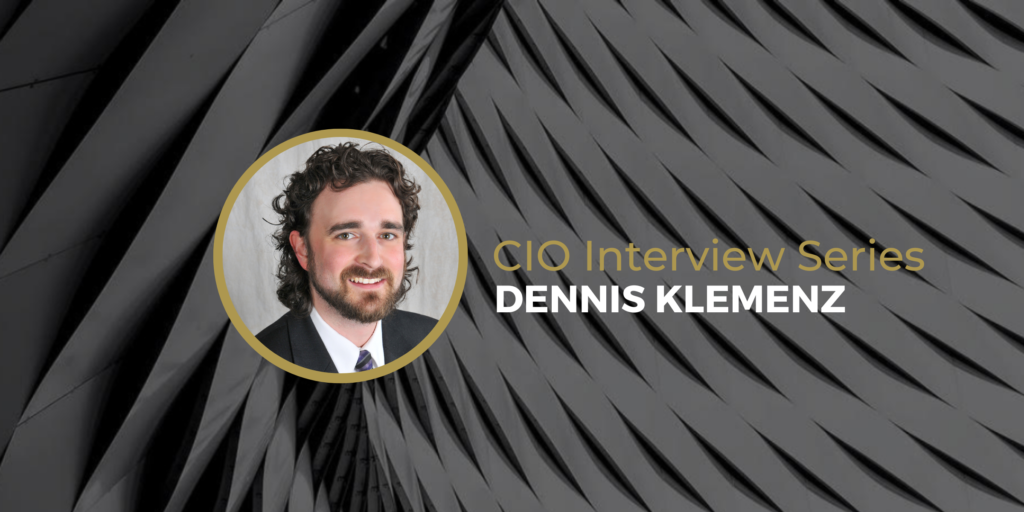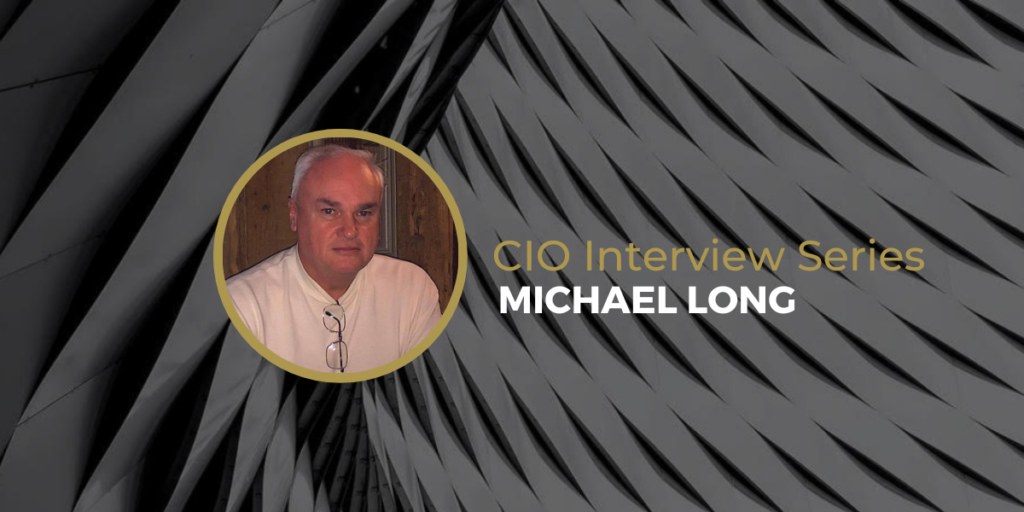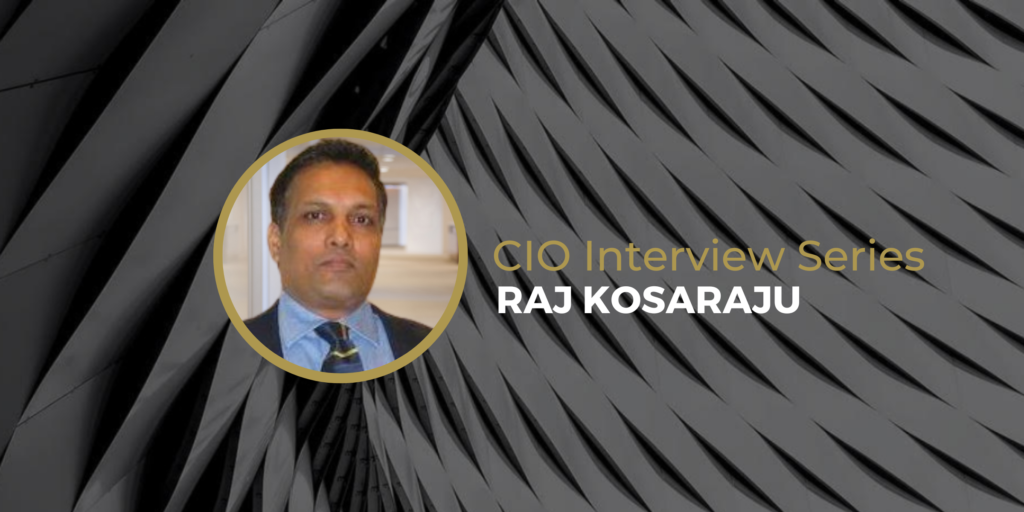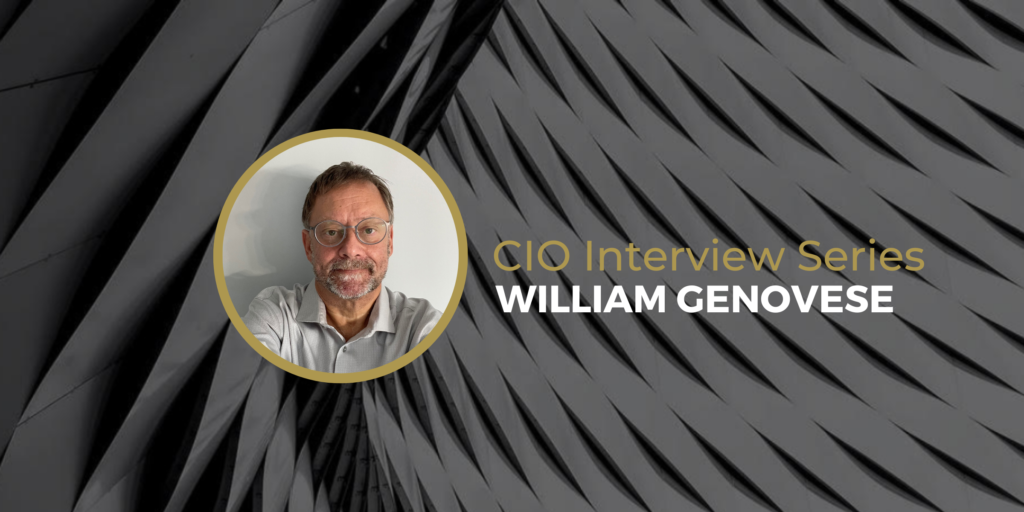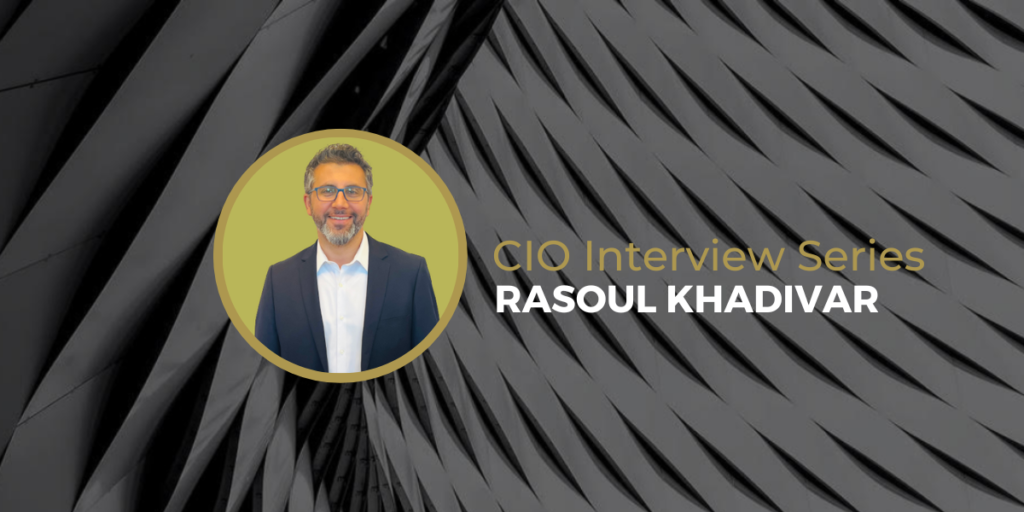Megan Clarke
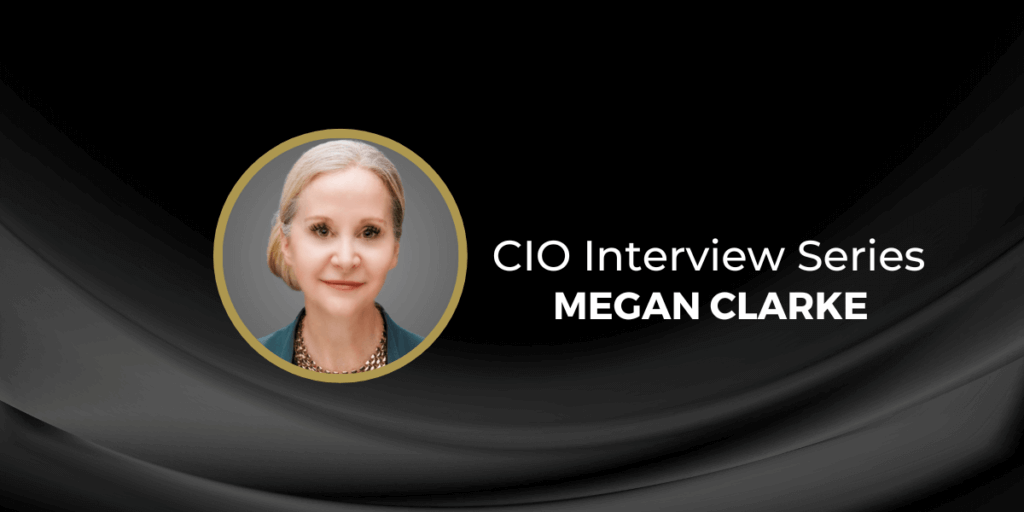
CIO at King County, WA
Can you please provide a little introduction about yourself
I am the CIO for King County, WA and my office is in Seattle.
What has your journey to your position been like? What path have you taken?
If you asked me while in graduate school what I wanted to be, I would have said something about marketing for Nike. However upon graduation, I did not have a job with Nike, but with one of the large consulting firms where I was placed on a multi-million dollar implementation of an enterprise-wide software solution. I had strong competencies related to the work and found myself moving into larger and larger projects. Within a few years, I was leading an entire IT Department and my career as a CIO continued from there. The Grammys. The OSCARS. USC’s Marshall School of Business. Stanford University’s GSB. And now, King County.
Has it always been your vision to reach the position you’re at? Was your current role part of your vision to become a tech leader?
I would say it was indeed my vision. And every day, I am grateful for my position and the organization that I serve.
When overseeing enterprise-level technology, the CIO is in a very unique position of seeing every aspect of the organization. To do the job well, the CIO and CIO’s team must have a deep understanding of the business – the goals, strategies, processes, people, and operations of its divisions. Almost no other group has this view or understanding of the whole. It’s invaluable as it reveals opportunities for synergies, cross-functional solutioning, and a host of activities that ultimately support the organization working as a holistic entity. One living, breathing organism as opposed to a bunch of parts. I saw the transformational power of I.T. and wanted to lead that transformation.
Everything about tech starts with people and process. Early in my career, I recognized that as CIO (or the given title) there is greater ability to influence technology presence within an organization and ensure that I.T. serves the organization and not the other way around. In the late nineties and for the early 2000s, CIOs did not have a seat at the head table and I wanted to change that.
I also saw a pattern to poorly made decisions regarding I.T. Decisions by ‘all the things’ that should not drive an I.T. decision (time, money, etc.). I wanted to be in a position to manage the technology conversation, provide leadership and strategy to its function, and ultimately ensure that I.T. was viewed as a strategic, transformation, and knowledge expert partner
Have you had a role model or mentor that has helped you on your journey?
I will be completely honest in saying that I did not. When I first had the title, less than 10% of CIOs were women. I faced quite a bit of behavior that was anything but supportive. It was challenging to find women in the role (or similar roles) who were available for support or mentoring. A few men did help, but as much as it pains me to say this, I did not have a mentor. It is one of the reasons I believe so much in mentoring teen and adolescent girls who are interested in tech. the numbers remain fairly dismal and again, I want to help change that.
I will add that in many ways, books became my mentor. And teachers in the self-improvement space. Collectively, they helped me grow into my leadership.
How do you see the role of the technology leader evolving over the next 5 years?
I could write a book on this one. But to keep it short (and hopefully not bore you), I will say this….
The technology leader must CONTINUE to evolve as a strategic partner to the business and its leadership. This includes the following competencies (in no particular order):
- Deep knowledge of the business.
- Strong partner/stakeholder relationships.
- High emotional intelligence.
- Asking FIRST “What is the problem we are trying to solve?”
- Transformational change manager.
- Design thinking and UX.
- Value-driven decision-making based on curated and meaningful data.
- Responsibility and accountability.
- Authenticity.
- Transparency.
- Humor (being a CIO is one of the toughest jobs out there and you have to find the funny).
What skills do you think leaders of the future will need in order to thrive?
See #5.
Something I regularly say to people “It’s simple but not easy.” Leaders of the future must be able to speak simply about the world in which they operate, especially when it comes to challenges. Everyone wants to overcomplicate not only the problem but the solution. Speak to it simply. Break it down into simple parts. If you can’t do that, you will struggle with solving the root cause. And solving the root cause should be the number one priority.
How do you keep current with new skills, technologies and personal development?
I read voraciously. There is never a lack of information on any existing or new topic. I subscribe to technical publications and attend events that have specific focus to a topic on my radar or plate.
Personal development for me is a 365-day-a-year effort. And I don’t mean Microsoft. 😊
I am a member of several masterminds and business groups that focus on continuous personal growth as a leader.
What do you see as the next leap in technology that will impact your business or industry in particular?
It’s already here, but generative AI. On the productive, I believe it offers great opportunity to speak to our communities, offering more personalized solutions and services to them in a more streamlined and seamless manner.
On the concerning. The data. Generative AI sitting on your own pot of curated, non-PII/HIPAA/etc. data – ok. But people are jumping all over the ‘ease of use’ that AI promises and are not being warned of consequences that are very real. The are being compromised in their ability to make informed decisions. It is a pandora’s box of sorts and for me, the concerns are around the data being used by, or to train the AI.
“Don’t be afraid to say ‘no’ when it is appropriate.”
If you were mentoring a leader of the future, what advice or guidance would you give to help them on their way?
I am speaking specifically to an I.T. leader of the future. Don’t be afraid to say ‘no’ when it is appropriate. Your job is to do what is best for the organization and sometimes that means saying ‘no’ regardless of who gets ticked-off, yells and screams, insults your character, or walks out of the room. There is, of course, a way to say the ‘no’ that is professional, kind, and respectful with a problem-solving approach (no to ‘this’ but we can do ‘that’). But it is vital that you stand confident in your expertise, your experience, and your training. When it comes to technology, many are armchair quarterbacks. But you have the playbook and the strategy for the season. That matters.
Is there anything in particular that you would still like to achieve in your career or what is the next step on your journey?
For my life as a CIO, I want to continue being of service to my organization, both leading and inspiring positive transformation in its I.T. and business. I also hope to occasionally consult to large organizations who are struggling with their technology function. I love the transformational work that I do, and I consider myself unique in the balance of tech and people acumen that I bring to my work. I know how to build highly performing I.T. Departments and my travels tell me that there are a few I could help.
As for my non-CIO career, I’ve started a company whose mission to reduce the number of women (and eventually men) dying every year from weight-related illnesses. LOSERS FOR LIFE is a framework for sustainable weight loss and it is my intention to inspire millions to live healthier, happier, and more joy-filled lives.
If you could change one thing in the world, what would it be?
That every individual would first seek to understand. Before being understood.
A big thank you to Megan Clarke from King County, WA for sharing his journey to date.


